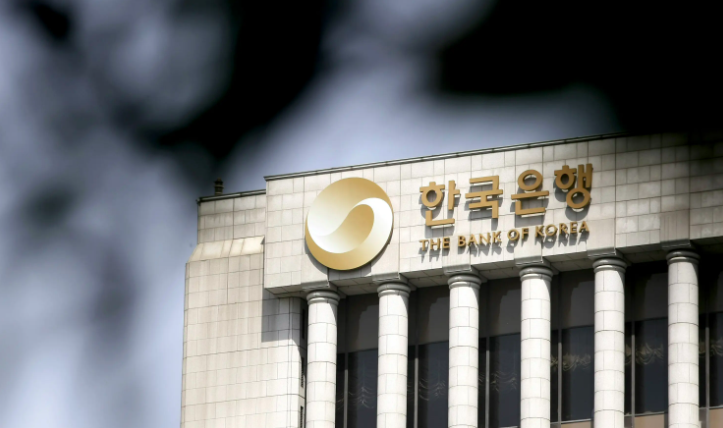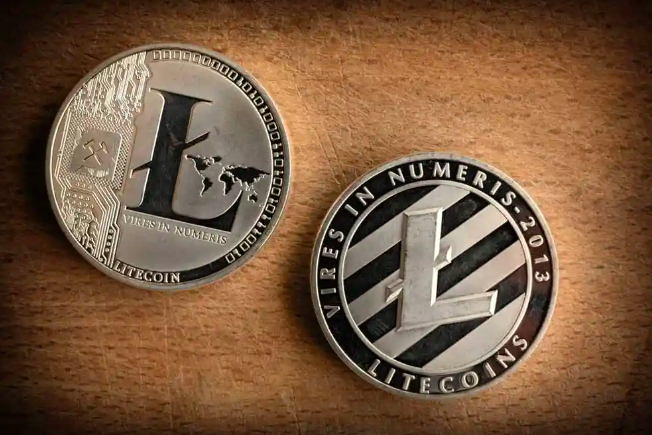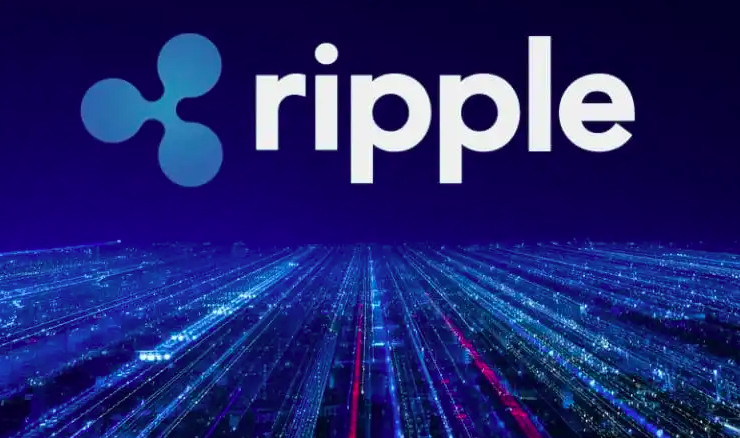Mt. Gox trustee sets registration deadline of Jan. 10 for repayment selection

Creditors from the defunct crypto exchange Mt. Gox have until January 2023 to register and select a repayment method as part of the plan by which they will be compensated for their losses.
According to an Oct. 6 announcement from Mt. Gox trustee Nobuaki Kobayashi, creditors have until Jan. 10 to select a repayment method and to register payee information in an online rehabilitation claim filing system to be paid through bank remittance, fund transfer service provider, a cryptocurrency exchange or custodian. Kobayashi’s update is the latest development in a rehabilitation plan that began with a 2018 petition to compensate Mt. Gox creditors for their lost funds following the exchange’s collapse in 2014.
“If you do not complete the necessary Selection and Registration, you will not be able to receive any of the Repayments below, and you will need to bring the required documents to the MTGOX Co., Ltd. head office or other place designated by the Rehabilitation Trustee and receive Repayment in Japanese yen,” said the notice. “If you are unable to receive such Repayment, the Repayment amount will be deposited with the Legal Affairs Bureau.”
Crypto exchange Bitstamp announced it will be one of firms supporting the repayment plan:
Bitstamp is pleased to announce that we are supporting the rehabilitation process for MtGox creditors.
— Bitstamp (@Bitstamp) October 6, 2022
If you’re affected by this, find out more here: https://t.co/18bLcbjpKE$BTC #bitcoin #mtgox
Kobayashi said that his office or “third parties relating to the repayment” would confirm the names of those who registered matched those entitled to compensation, in addition to verifying the identity of residents for any address provided. It’s unclear whether the repayment plan included the option for creditors to receive Bitcoin (BTC) or fiat, and how soon following the Jan. 10 deadline the funds will be distributed.
Mt. Gox users’ losses were estimated to be worth billions of dollars following the collapse of the crypto exchange. Roughly 99% of the creditors affected by the platform going under approved a draft rehabilitation plan in October 2021, with claimants representing roughly 83% of the total amount of voting rights voting yay.
Kobayashi announced in November 2021 that the plan was considered “final and binding” following acceptance by a Japanese court. However, the trustee noted in an Oct. 4 update that he had petitioned for certain amendments to provisions of the rehabilitation plan, which would “have no adverse effect on rehabilitation creditors.”
This article is authorized for publication, and unless the source is indicated, it is submitted by users and does not represent the position of our website. If the content involves investment suggestions, it is for reference only and not as an investment basis.







